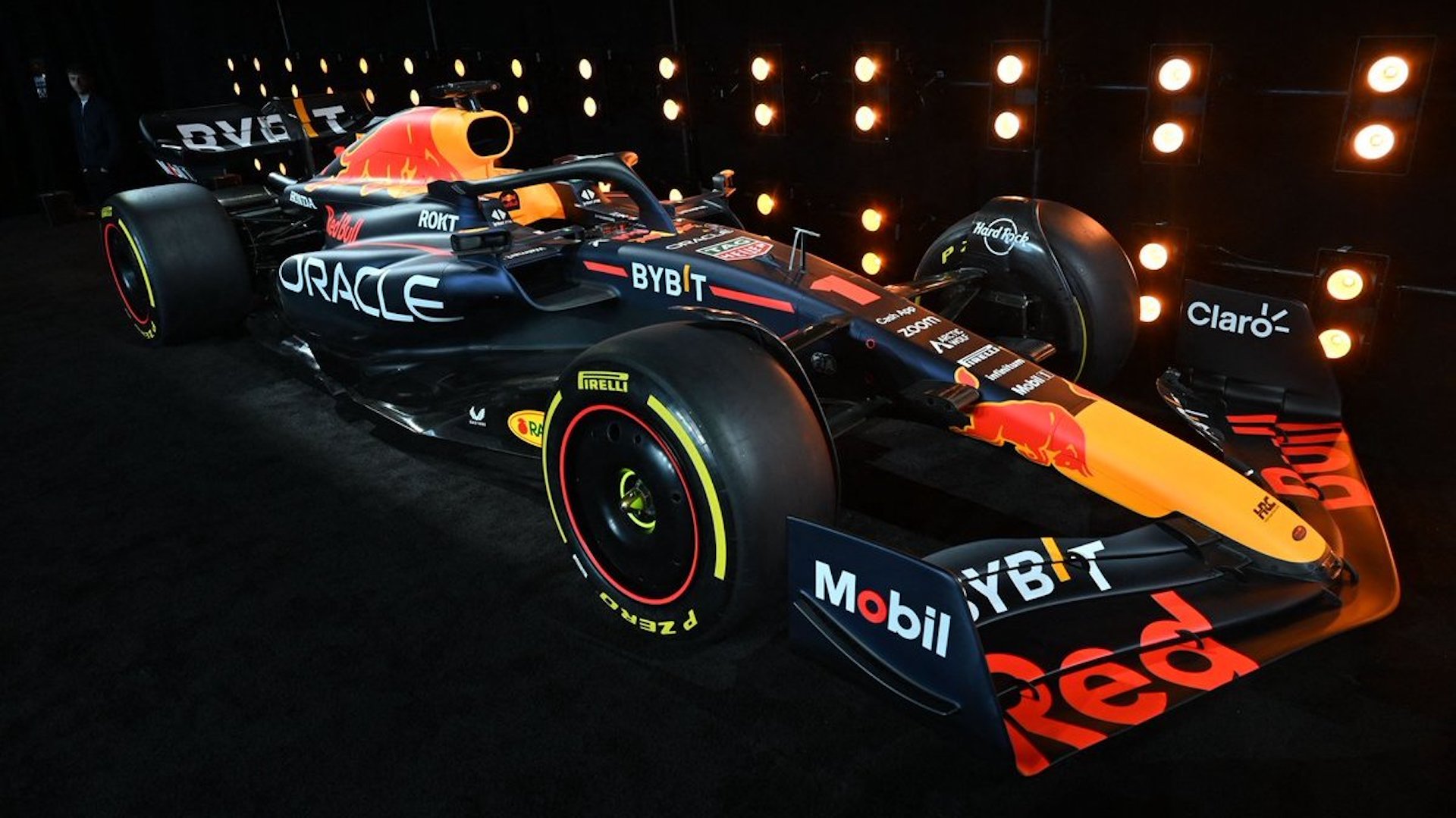

Formula 1 is a global circus of petroleum performance that cannot ignore its role in causing climate change. But while much of the automotive industry and world governments beat the drum of electric cars, F1 has taken the opposite stance, with its CEO Stefano Domenicali declaring publicly that the sport will “never” transition to EVs.
“We will never go electric,” said Domenical in an interview with Italy’s Il Sore 24 Ore. Instead, the Italian said that F1 will hedge its future on a “clean, zero-emission petrol” that it is reportedly developing for an anticipated 2026 rollout. Domenicali says that economic and industrial inertia will favor net-zero fuels over a battery boom, which is widely questioned due to what it would require of the global mining industry.
F1’s disinterest in batteries as an energy source is likely not just based on anticipation of carbon-neutral fuels. As we explored in 2021, there aren’t even any theoretical (much less commercially viable) batteries that can store enough energy to complete an F1 Grand Prix as we know it today. Dogmatically adhering to battery power would force F1 to compromise on its race format, car pace, or safety, none of which are imaginable for a sport so entrenched in its internal combustion ways. Synthetic fuels, meanwhile, let F1 avoid risky changes that could compromise its prospects as an entertainment product, and therefore as a business.

Replacements for gasoline so far are largely taking the forms of fermentation products such as ethanol, methanol, and pure hydrogen, which can be used in both ICEs and in more efficient fuel cells. However, many synthetic fuels are produced by burning fossil fuels as noted by our sister publication The War Zone, and while Porsche has touted the “efuels” it has invested in as near-zero-carbon, they still aren’t totally carbon-free.
Hydrogen meanwhile is so energy-intensive to manufacture that it is difficult to provide at scale, especially using pure renewable power at present. On top of that, it’s difficult to store.
None of this is to say F1 can’t find a solution that works for it, though. F1 is a big-budget sport with teams that spend more than $100 million on their annual operations. If fuel and transport costs skyrocket, that just amounts to another form of cost control. It remains a contentious topic in F1, and probably will for decades to come.
Got a tip or question for the author? You can reach them here: james@thedrive.com